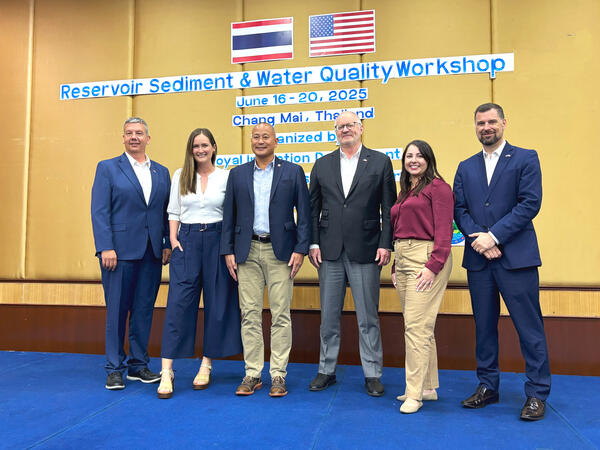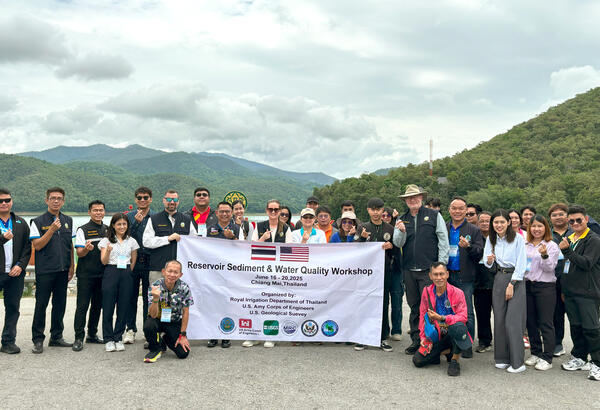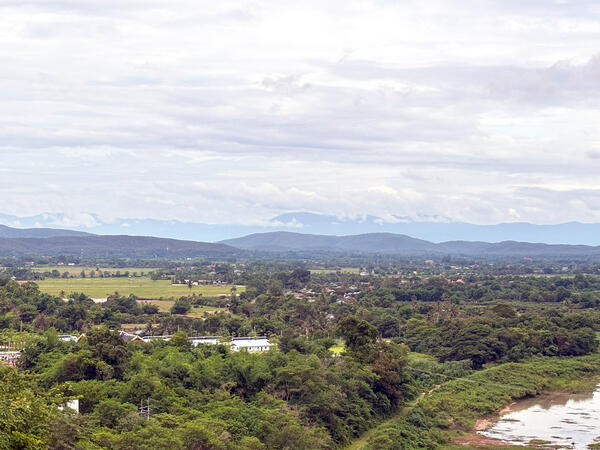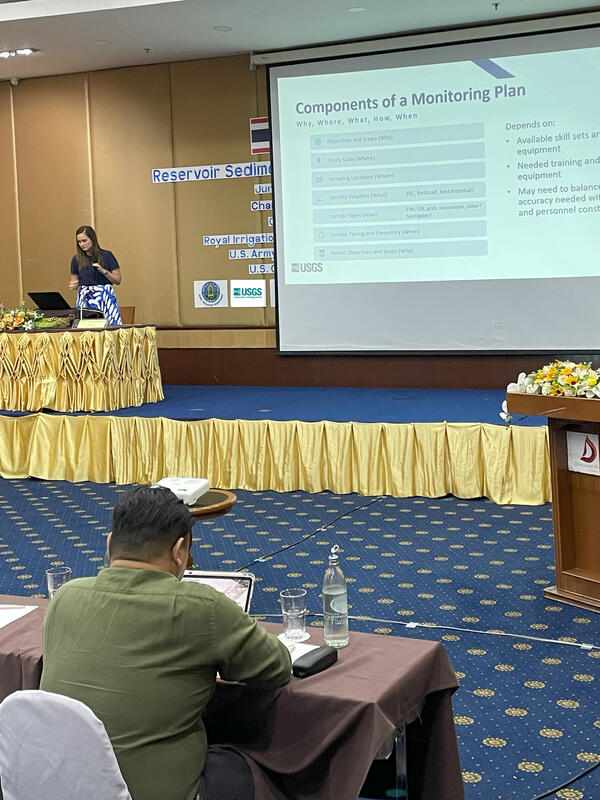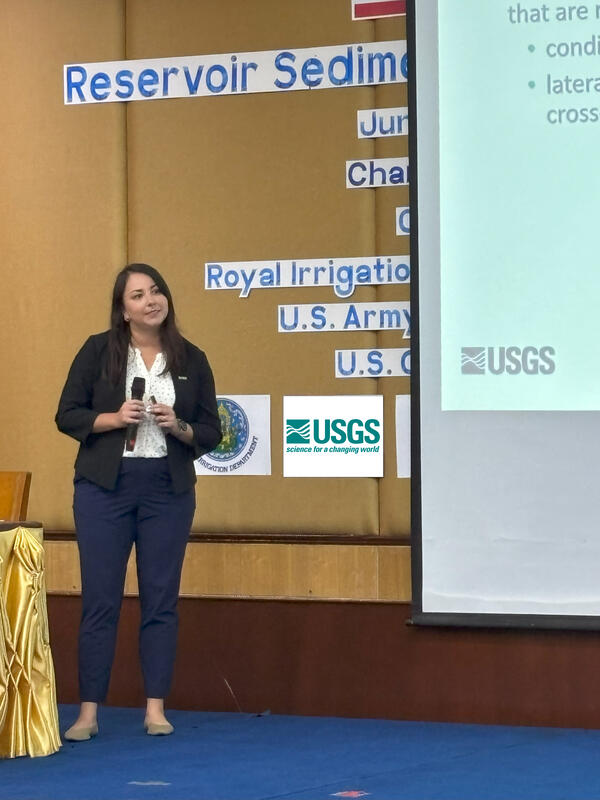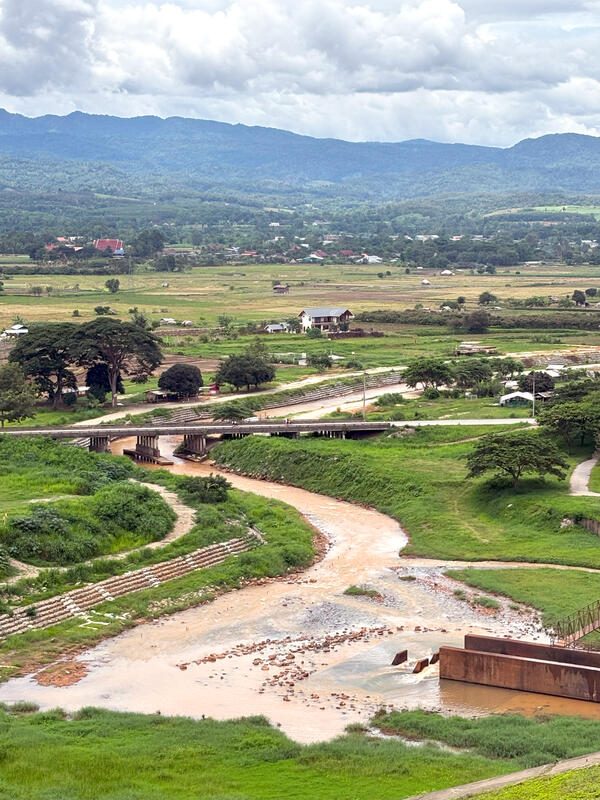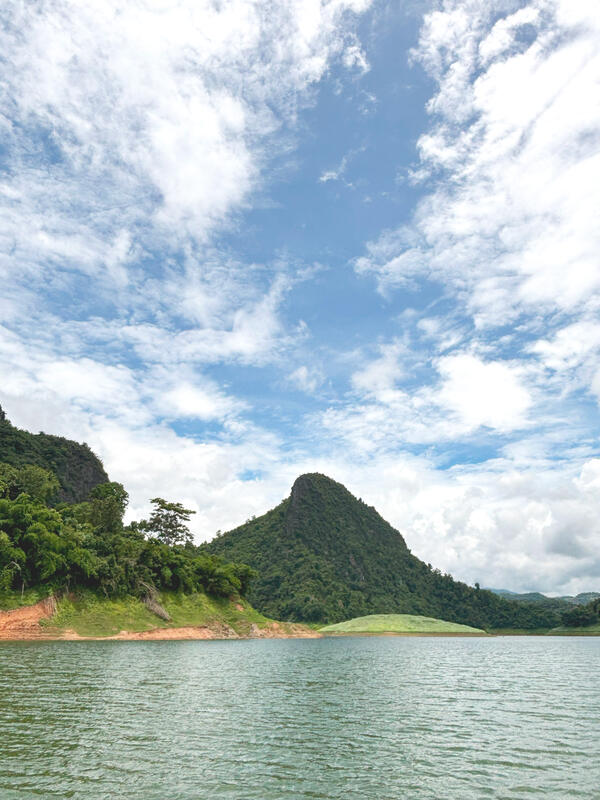As of early 2023 Andersen has more than 28 years of professional science experience. The majority of his work experience has been in aquatic and wetland habitats, but he also spent years working in the southwestern deserts of the US.
He began his professional experience with a private consulting firm working in Arizona, California, Nevada, and Utah. He then worked for the State of Utah for six years, collaborating with regional and federal scientists and agency personnel in the Intermountain West.
Andersen has worked for USGS since November 2005 at positions in Arizona, Louisiana, and Virginia. He has held positions of increasing responsibility, always supporting collaborative applied projects among diverse scientists and institutions while increasing the size and scope of the programs. He has focused his work on science that delivers practical information for managers, decision makers, and the public.
He worked on mitigation of desert habitats disturbed by development, then expanded his work to helping conserve native aquatic species in the intermountain western US, supporting collaborative research among zoologists and ecologists in coastal Louisiana, coordinating science for priority ecosystems across the US, and leading development of decision support tools for the Lower Mekong River Basin in Southeast Asia.
Just as USGS is a science advisor in the US, so Andersen seeks to understand and deliver solutions for the international biophysical and socioeconomic science that USGS can support. He supports a diverse assemblage of USGS scientists with global experience by leading proposals and projects in nations where they seek to continue their work, including Angola, Botswana, Brazil, Cambodia, China, Fiji, Georgia, Kuwait, Kyrgyzstan, Lao PDR, Mexico, Namibia, Palau, Peru, the Philippines, Thailand, and Viet Nam. Areas of USGS science supported include biology, ecology, hydrology, and veterinary medicine.



